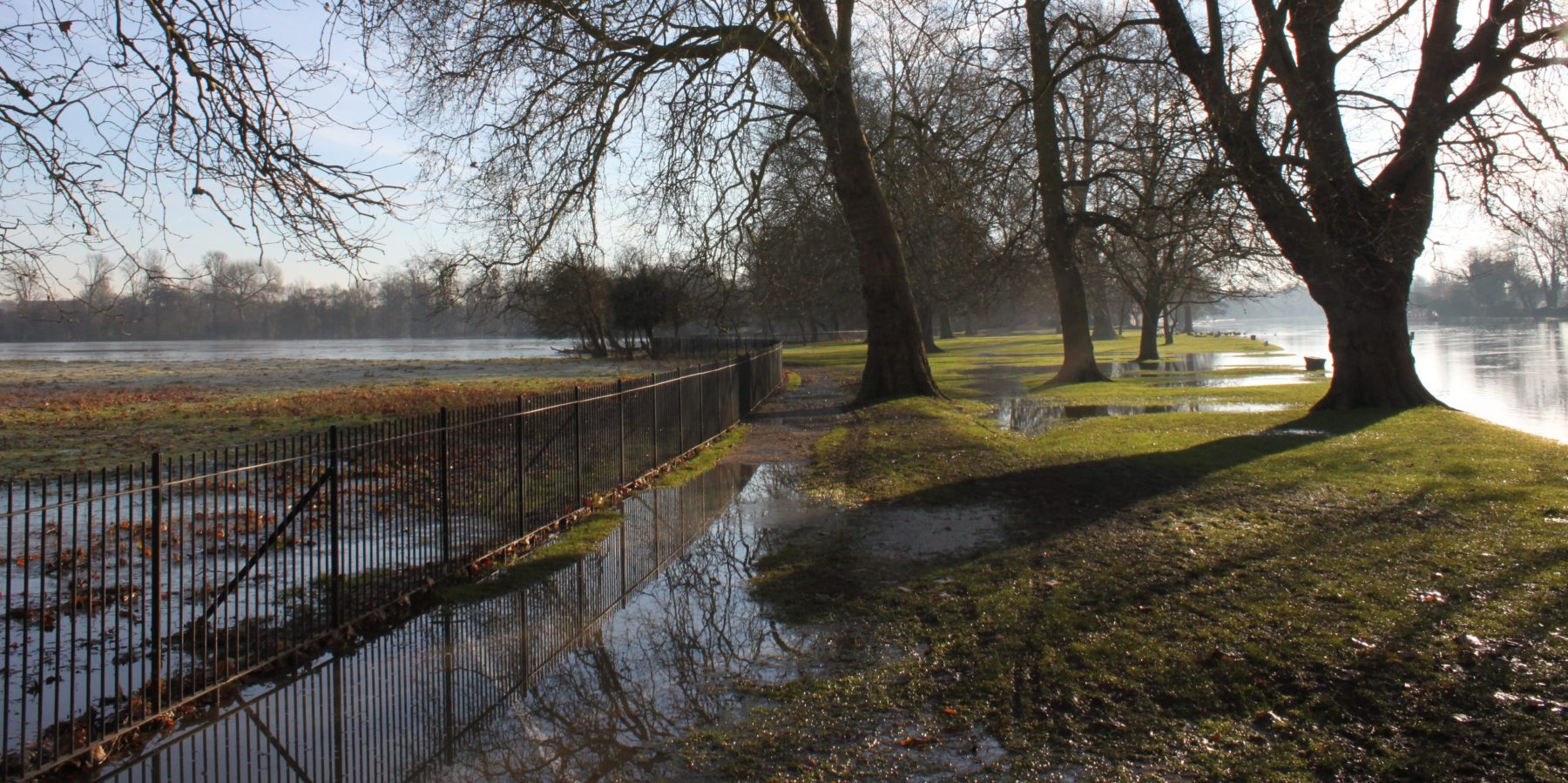Social Media can predict extreme weather according to new Warwick research
New findings from research at Warwick University have shown that social media can be used to predict extreme weather events.
The research, carried out by PHD student Nataliya Tkachenko and her supervisors in the Department of Computer Science, found that certain ‘words’ and photos on social media can act to predict extreme weather conditions before they actually occur.
Tracking key words used in social media posts around the time of an extreme weather event – such as ‘water’ and ‘river’, when there is a flood risk – accumulates accurate material to highlight which areas will be affected, and the extent to which infrastructure and human life will also be impacted.
The researchers searched for photos and videos with tags such as river, water and landscape on the social media platform Flickr between 2004 and 2014.
Although these words can be used to describe natural surroundings alone, researchers discovered that in certain time frames before the peak of extreme weather events – and in the locations where they manifested- these words took on a specific purpose of forecast and warning, showing the weather worsening.
Specific words can act as ‘social sensors’, which when used alongside physical meteorological sensors can help to predict risk, and improve the forecasting and monitoring of the development of a weather condition.
Traditionally, physical monitors such as flood sensors have been used to detect extreme weather occurrences. However, the results show that they cannot achieve the same benefits as social media, which covers a specific area far more comprehensively.
This would be the first time social media has been used for predicting larger events which are still developing instead of ‘now-casting’, or providing eye-witness accounts of ongoing events.
Nataliya Tkachenko, from the Warwick Institute for the Science of Cities, commented:
“Our analysis demonstrates that metadata in social media image postings enables them to be used as ‘social sensors’, which can serve as a valuable supplement to instrument-based systems for predicting and monitoring floods, and other kinds of natural hazards.
“The opportunities represented by these new data sources are truly exciting as they can help to protect homes, save lives and design more resilient cities!”

Comments